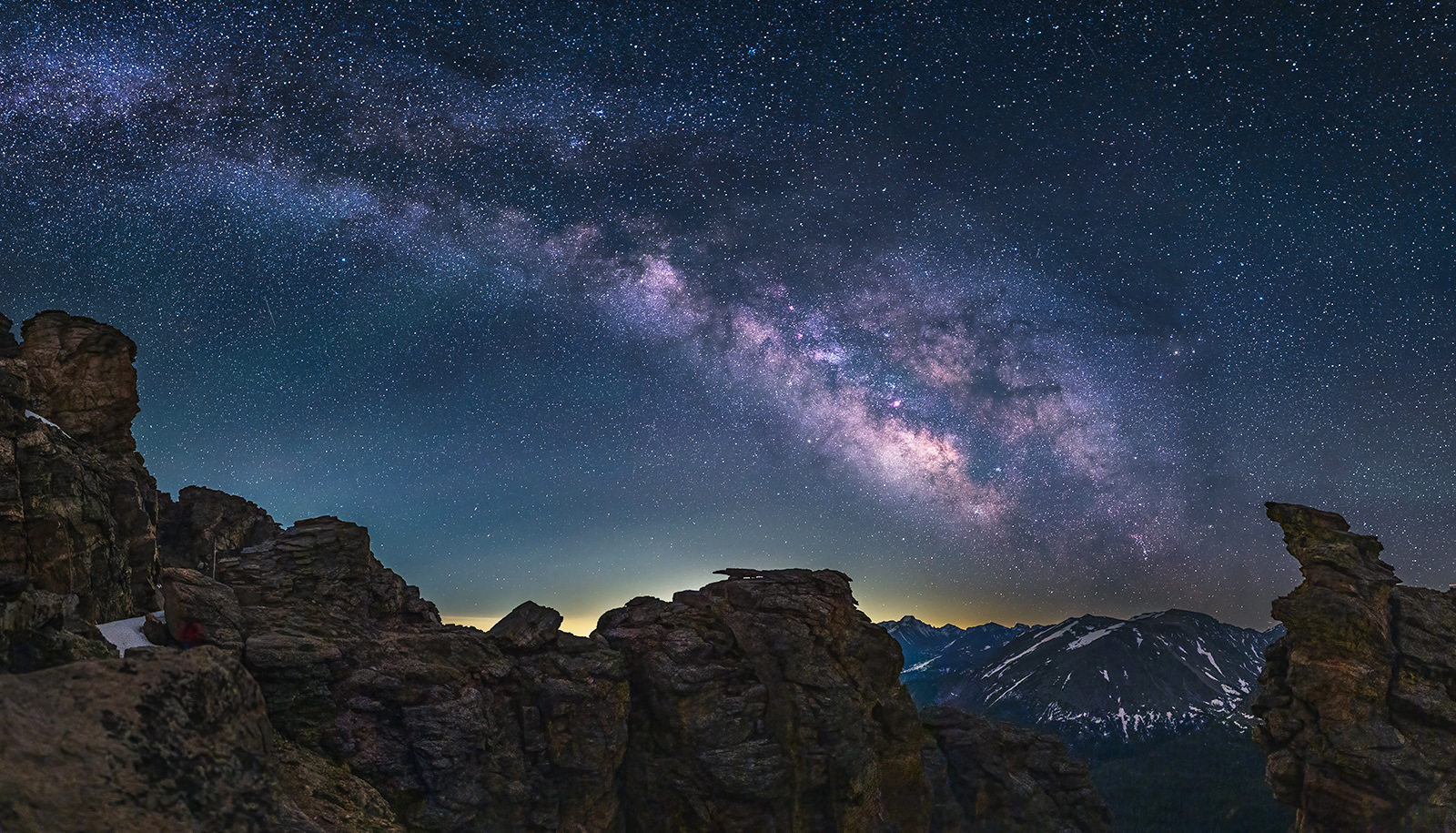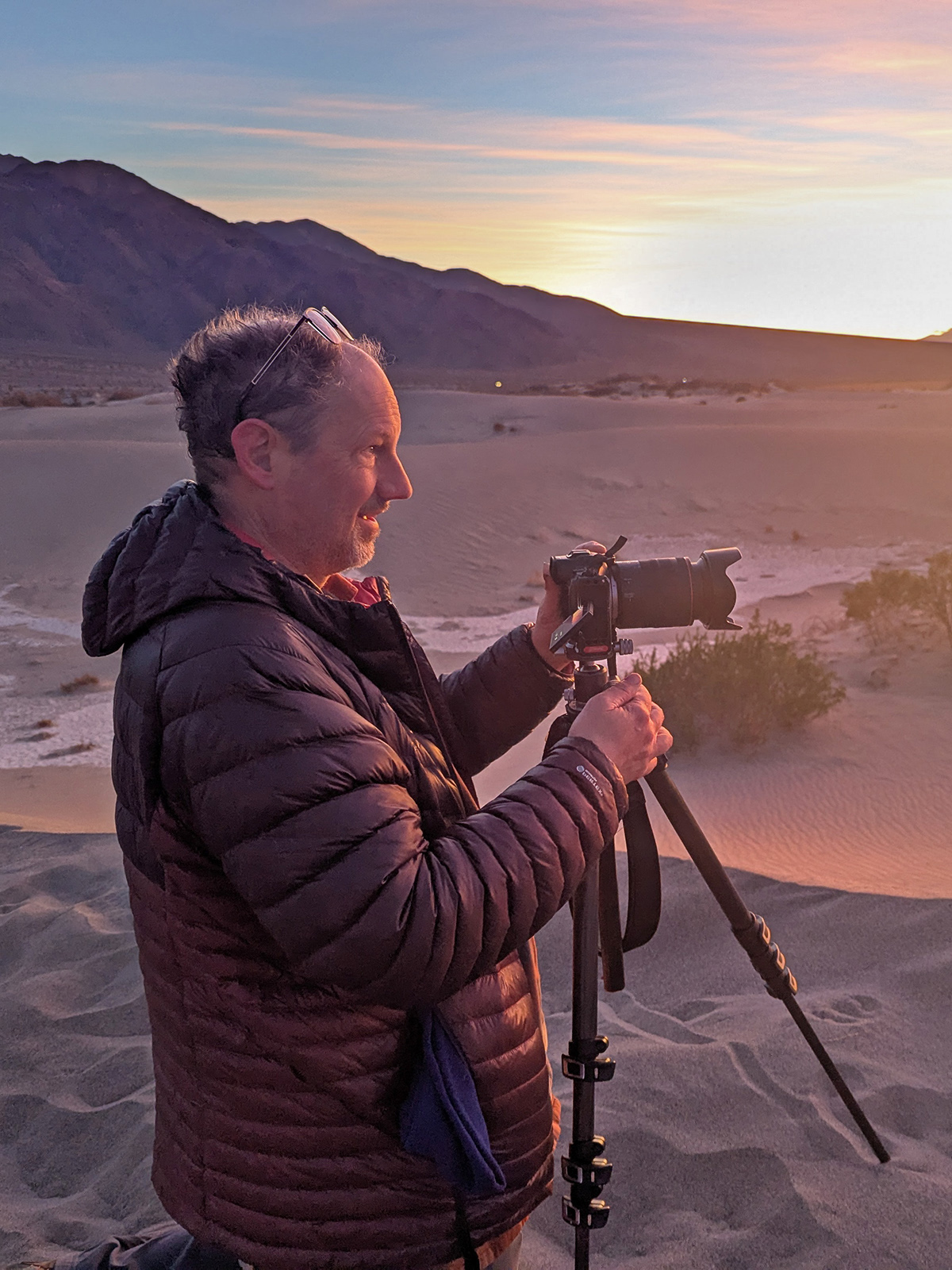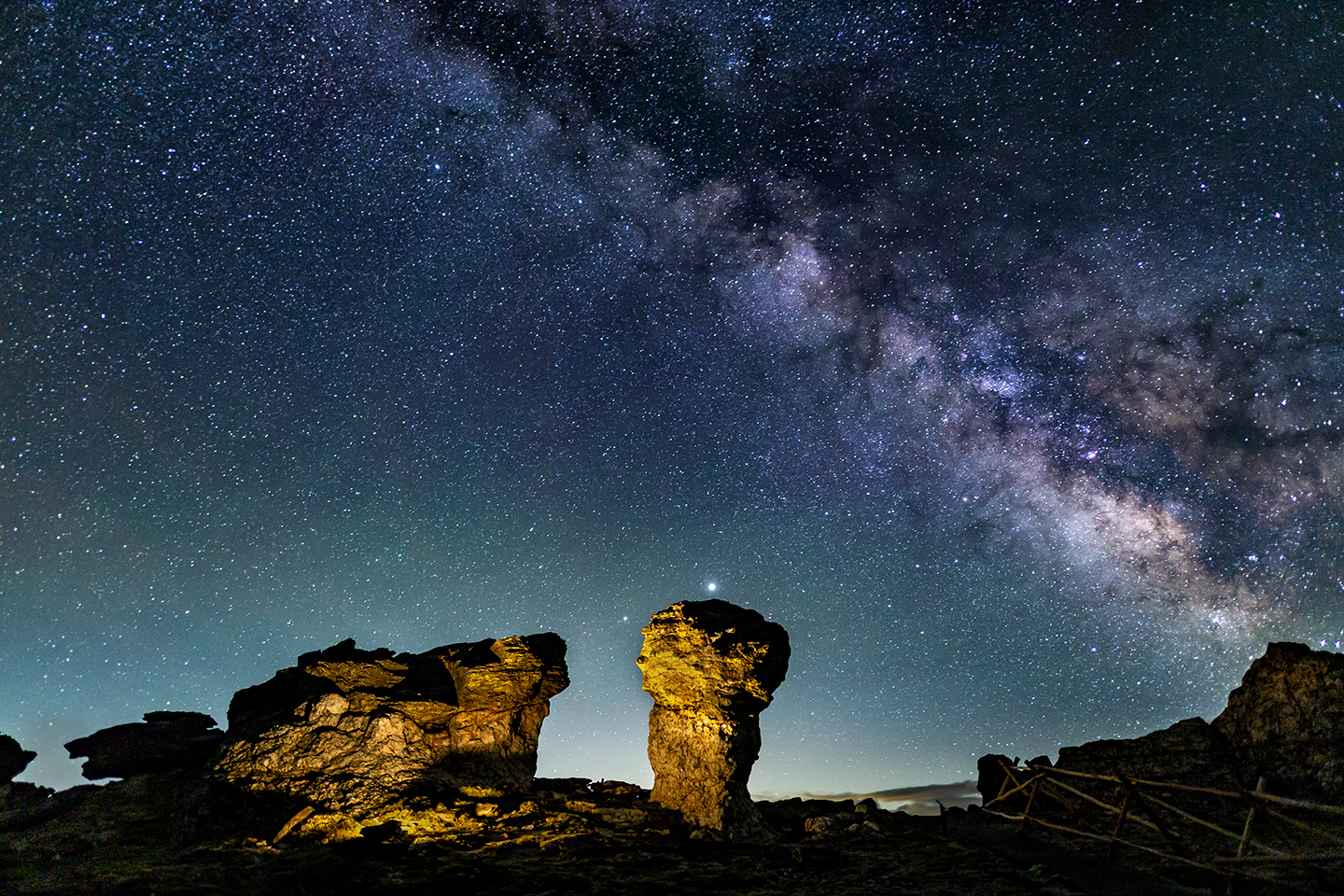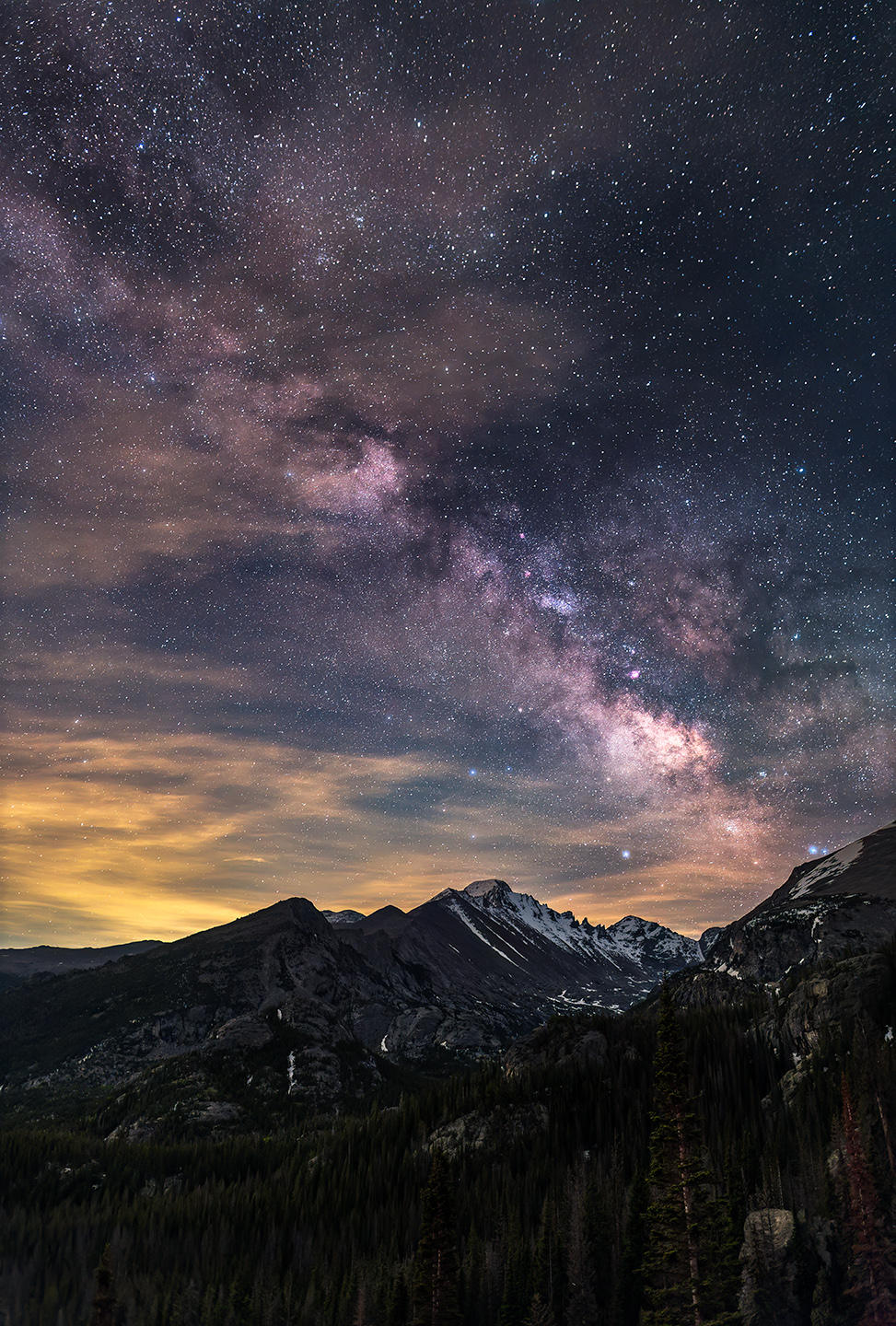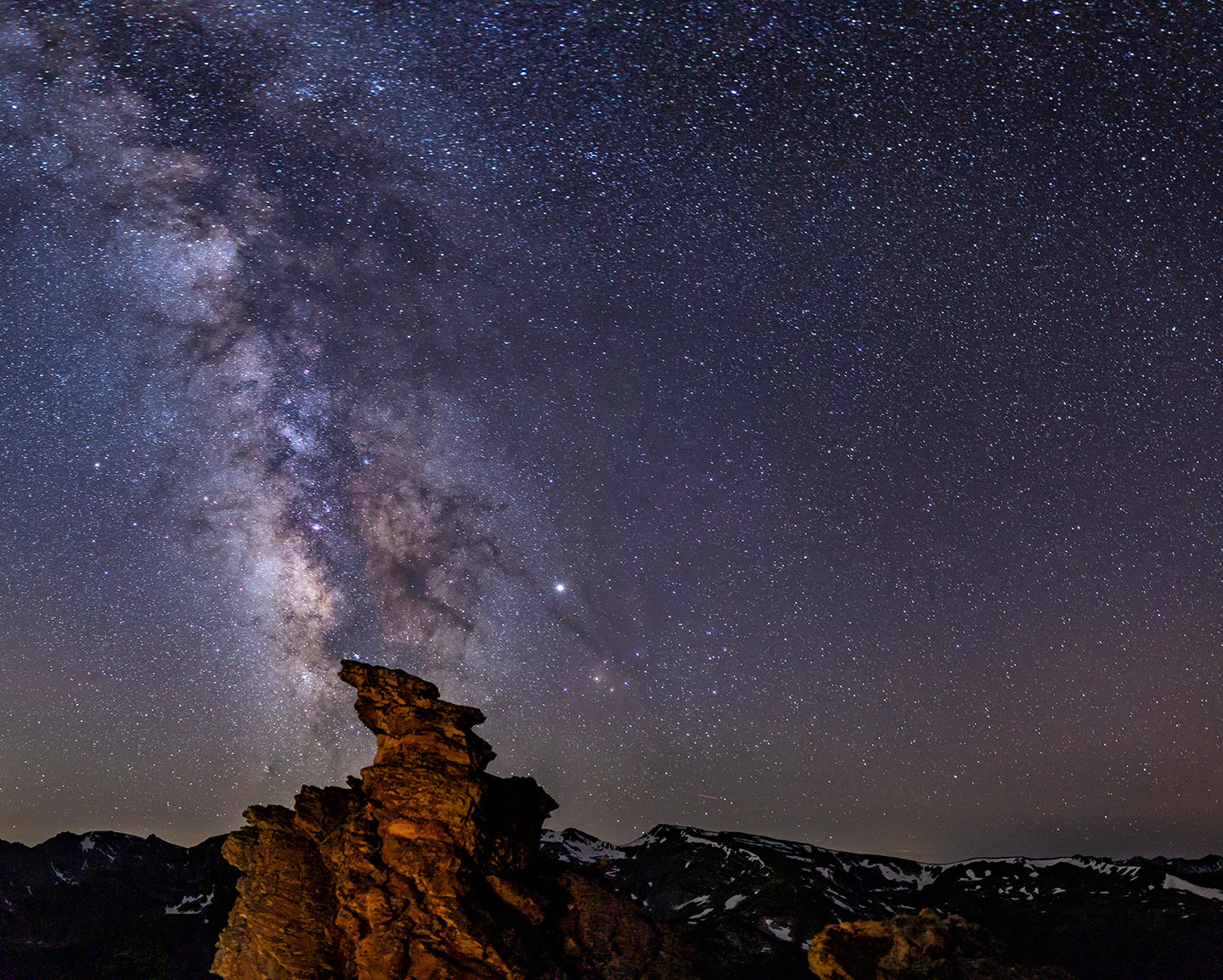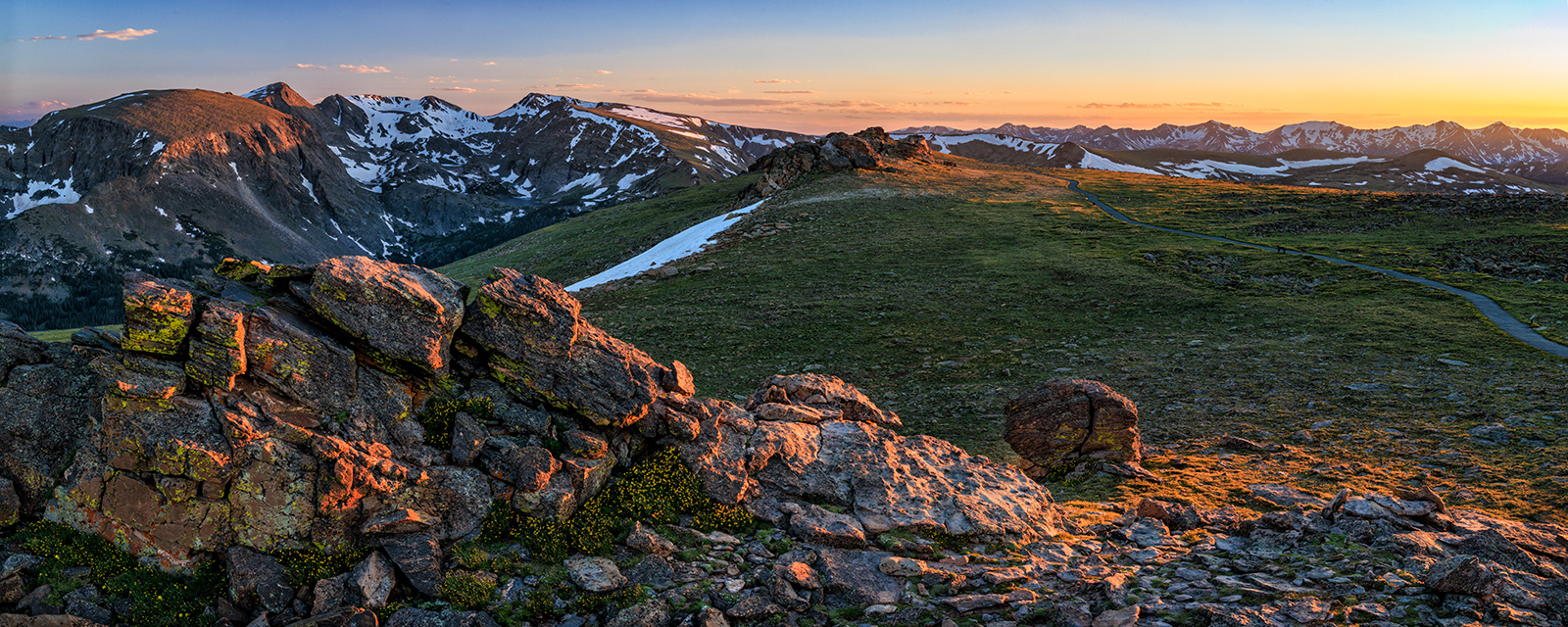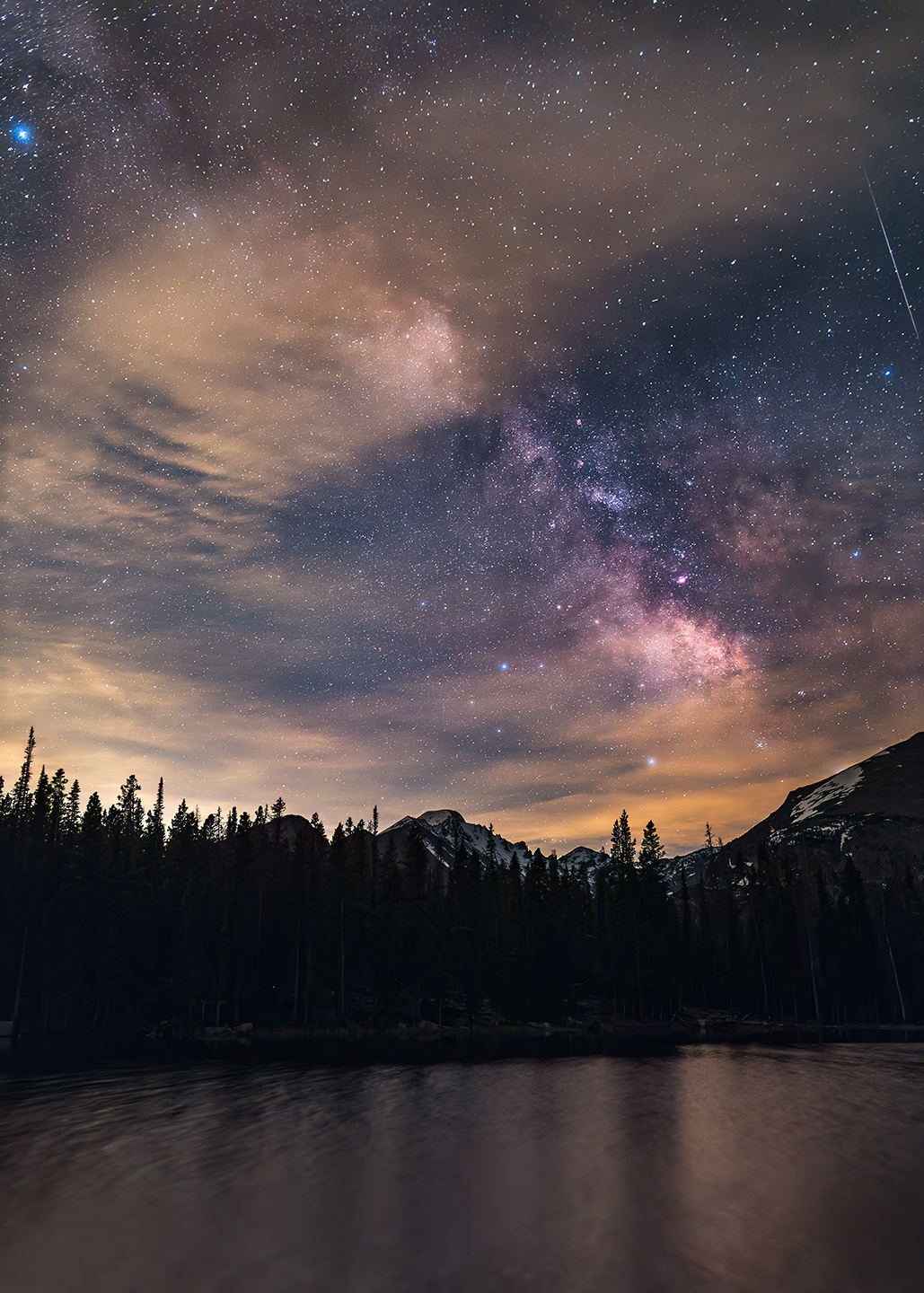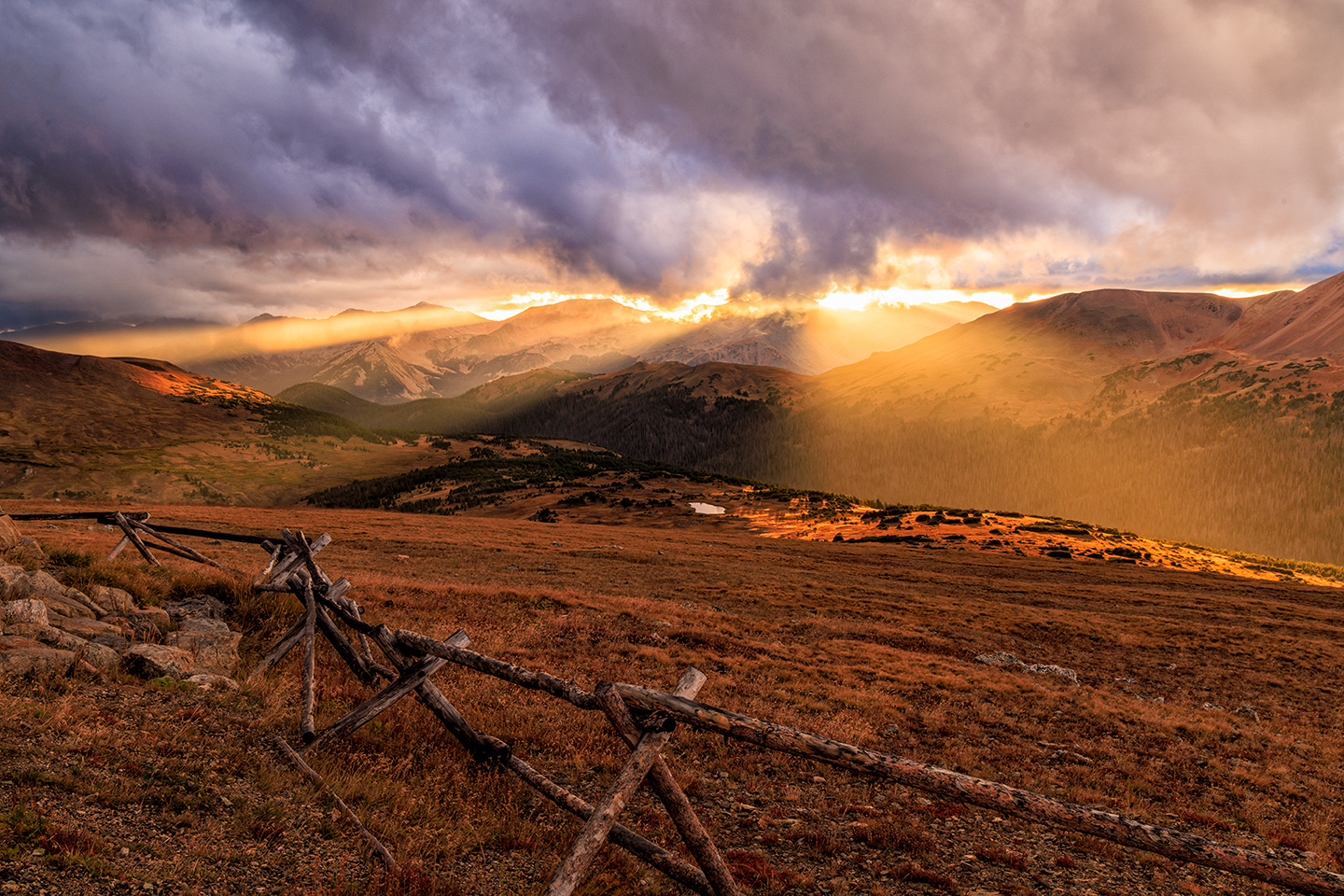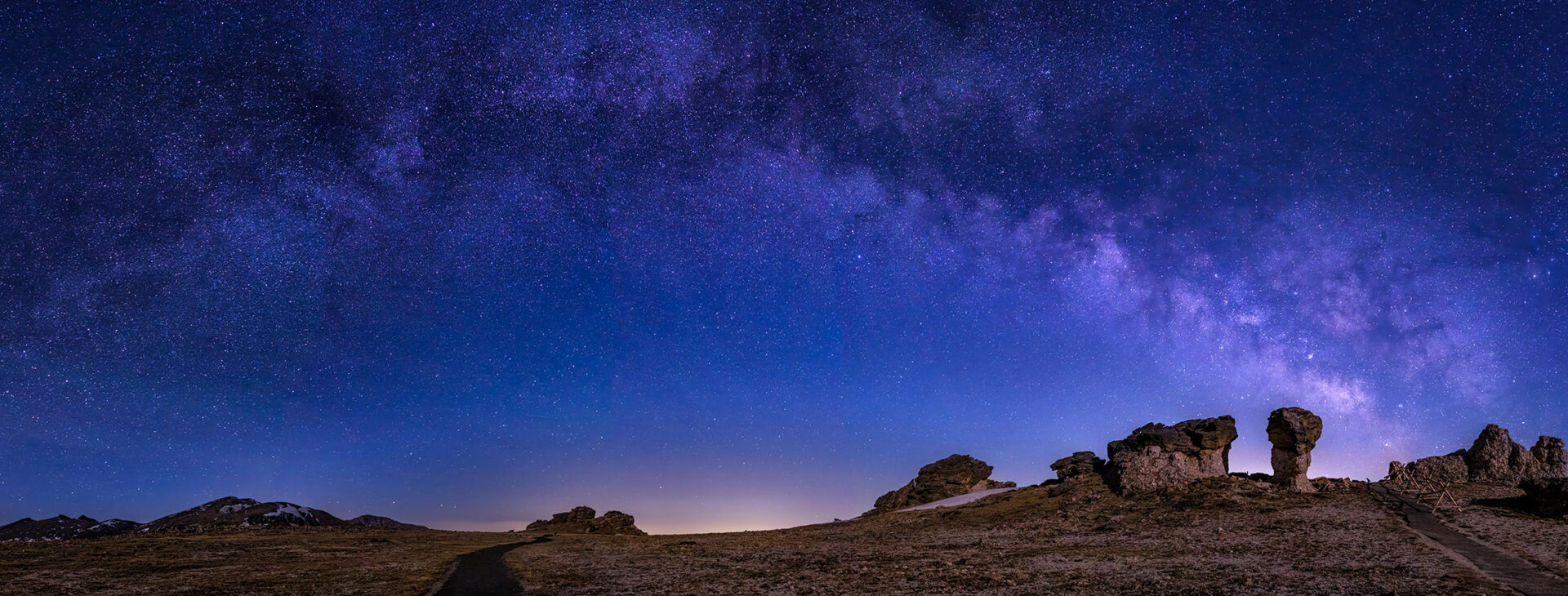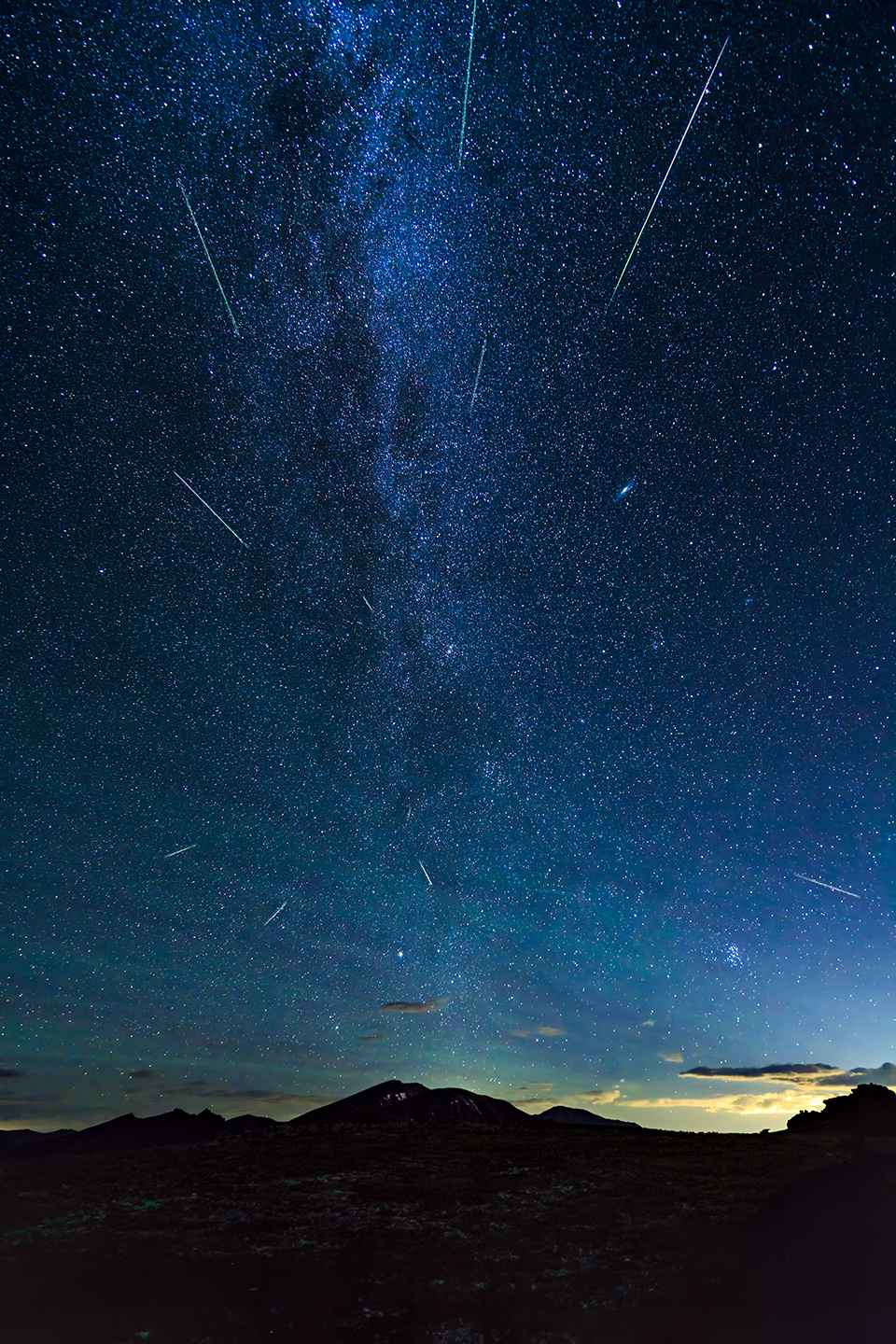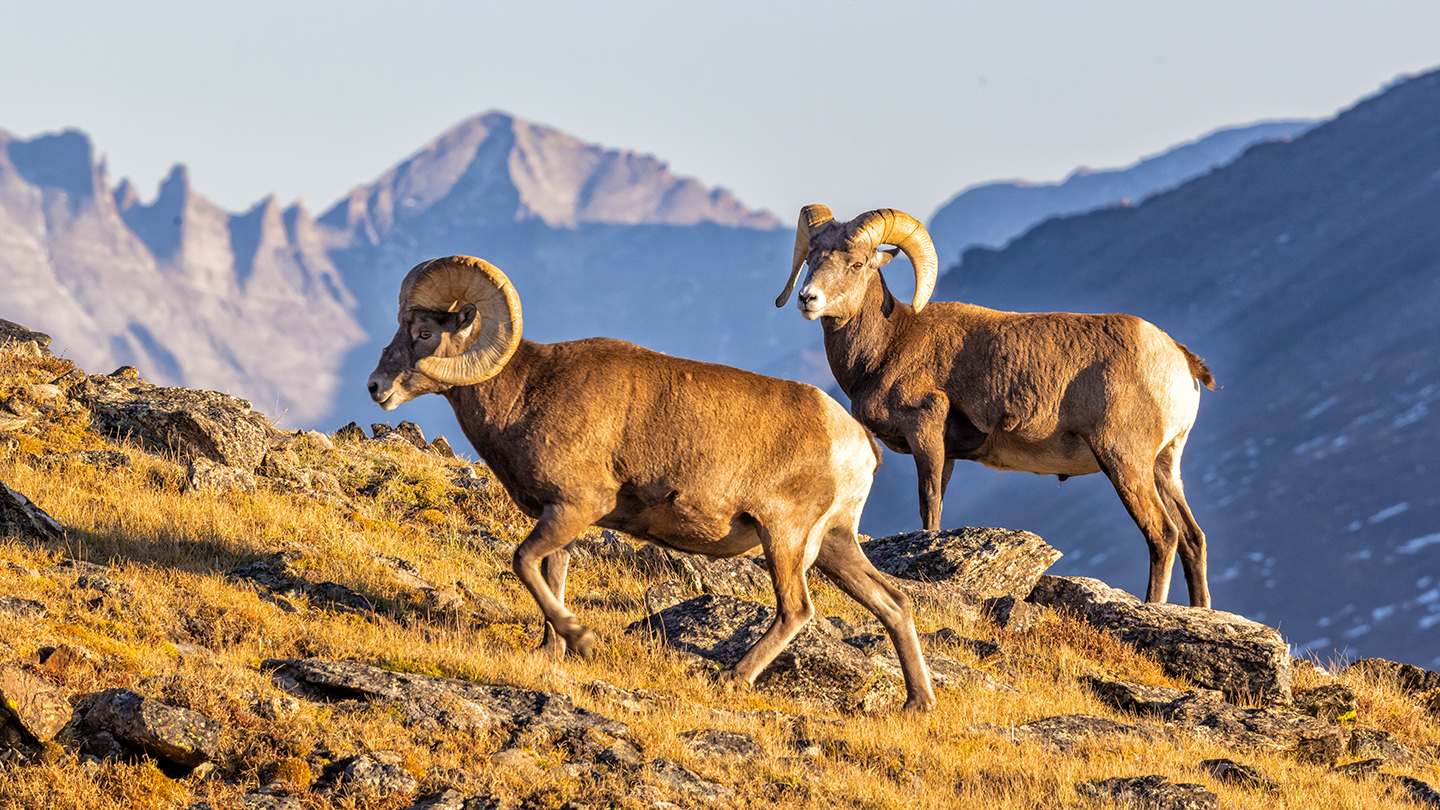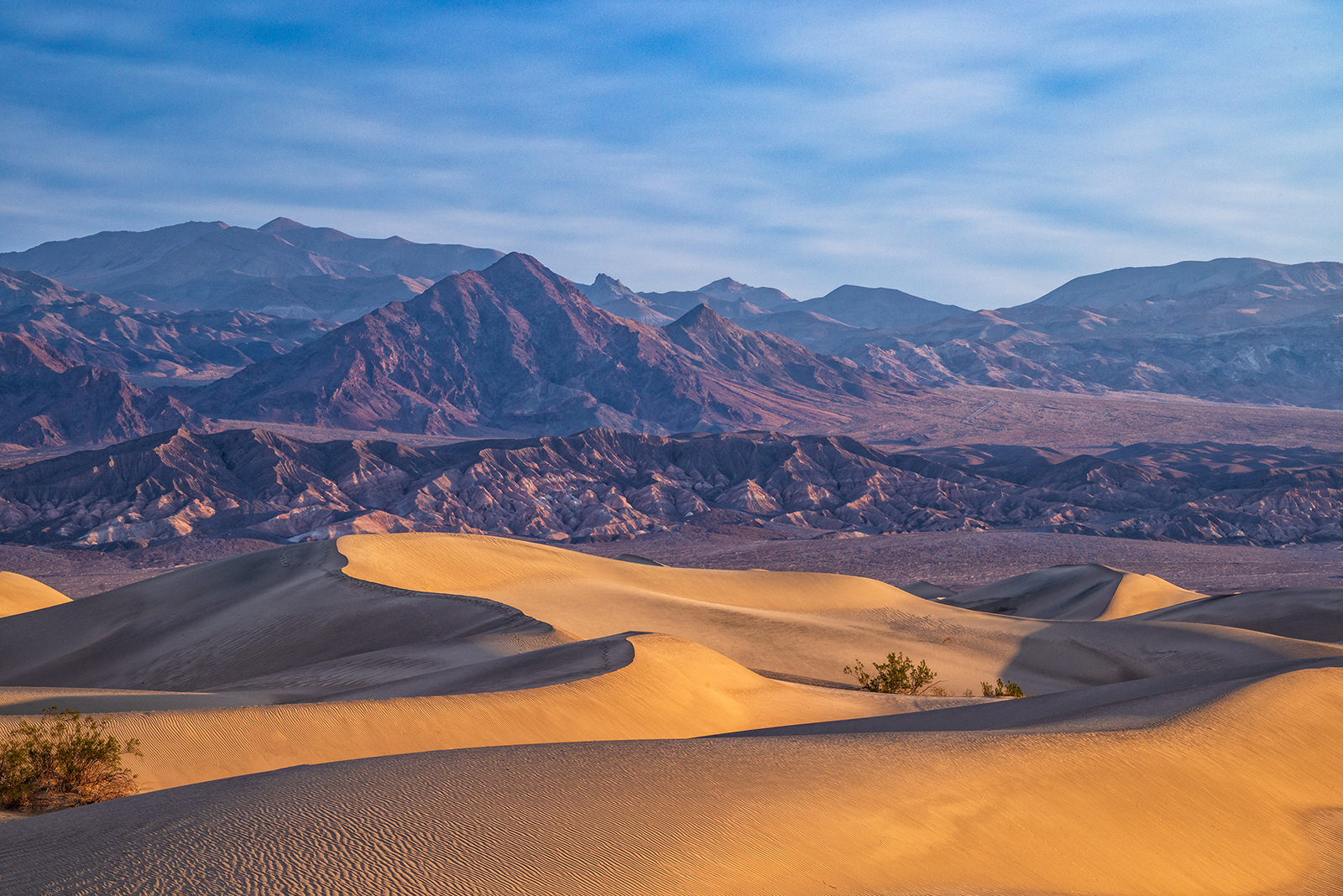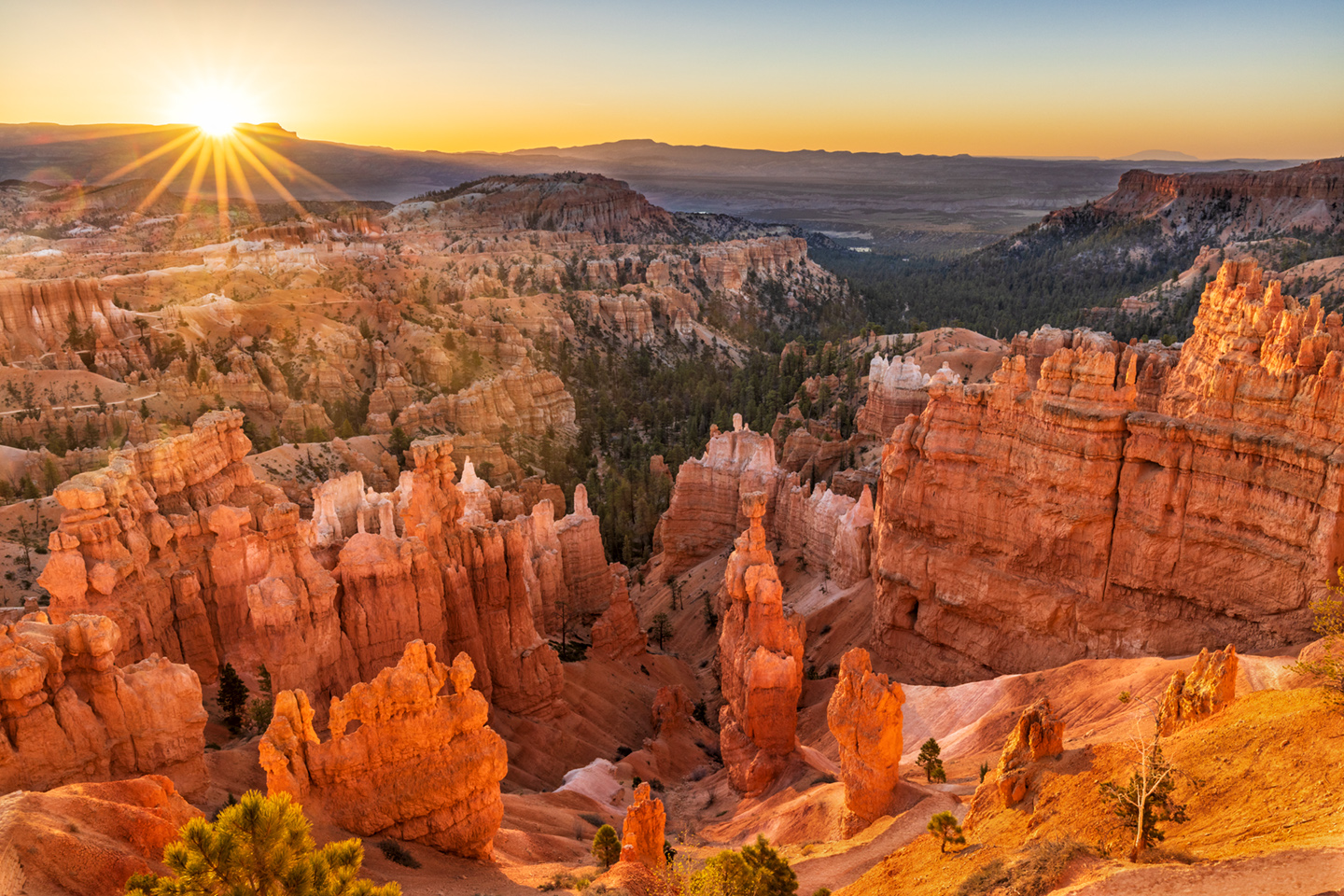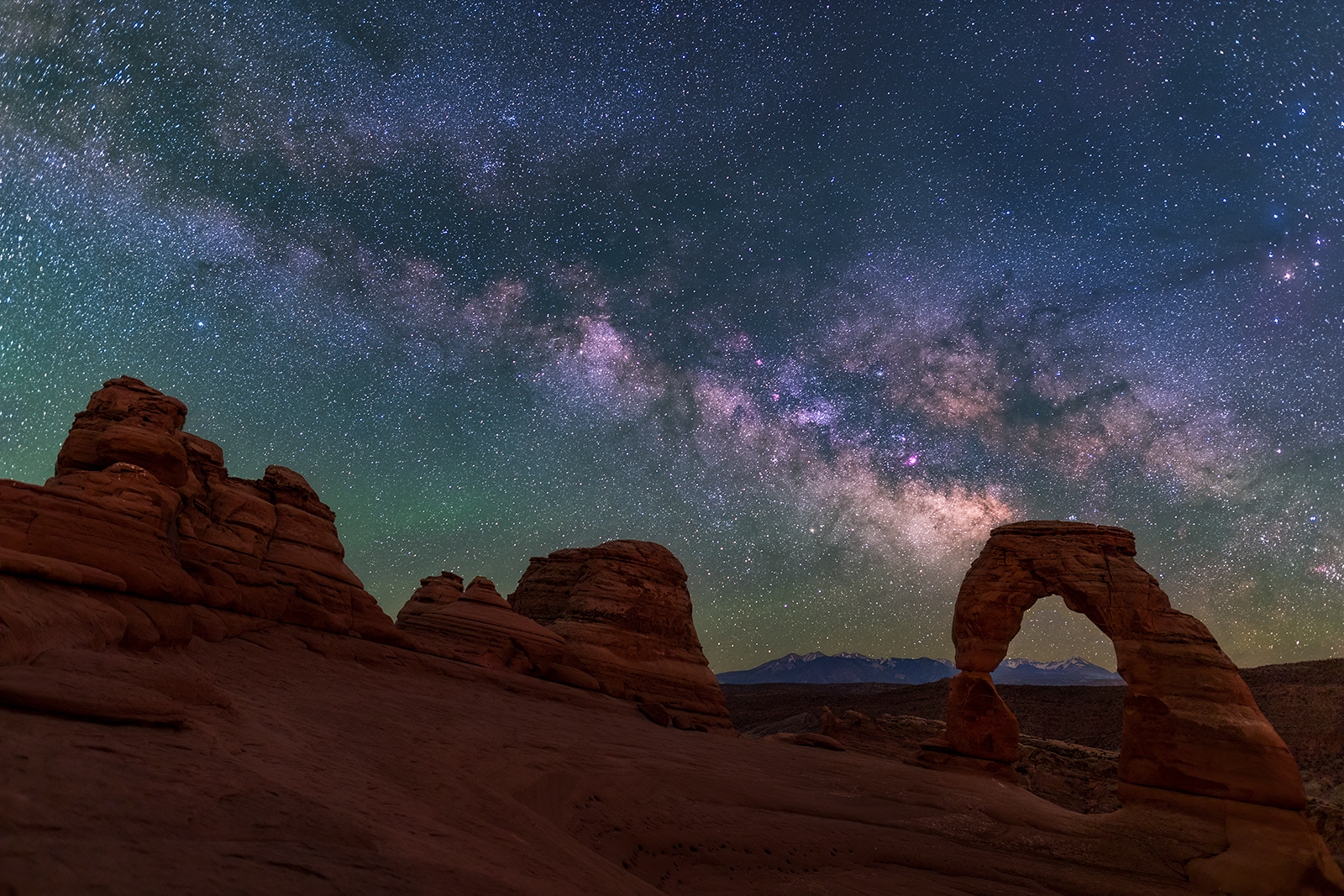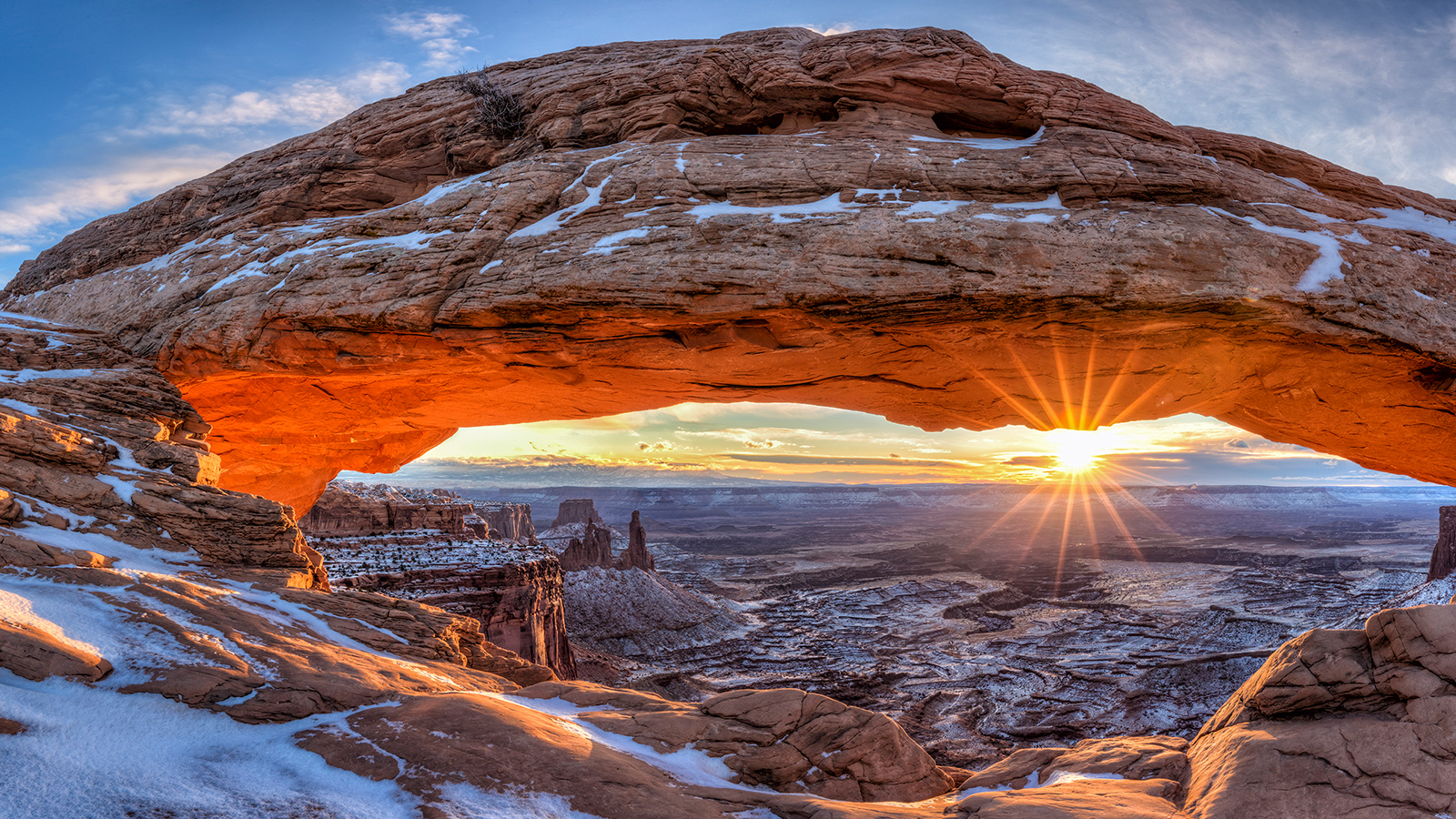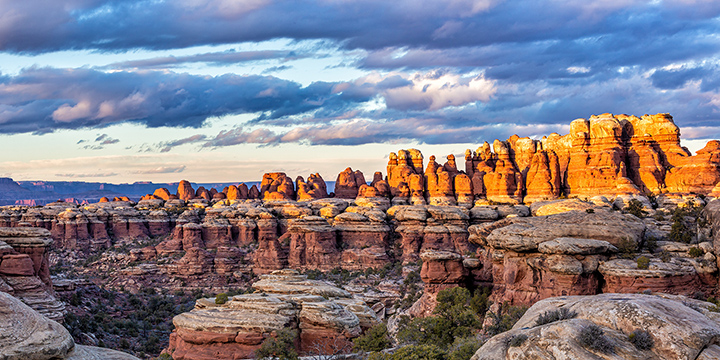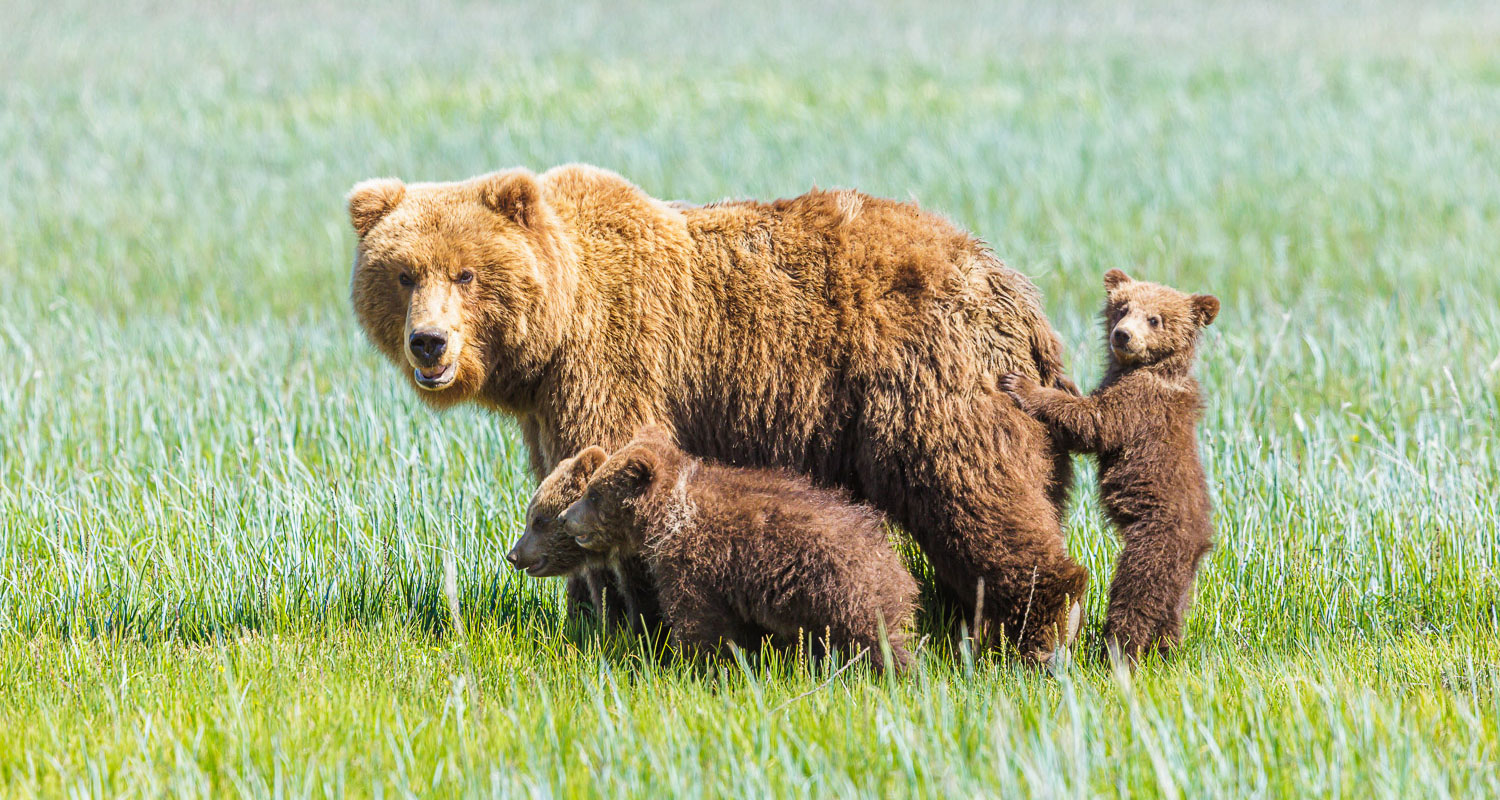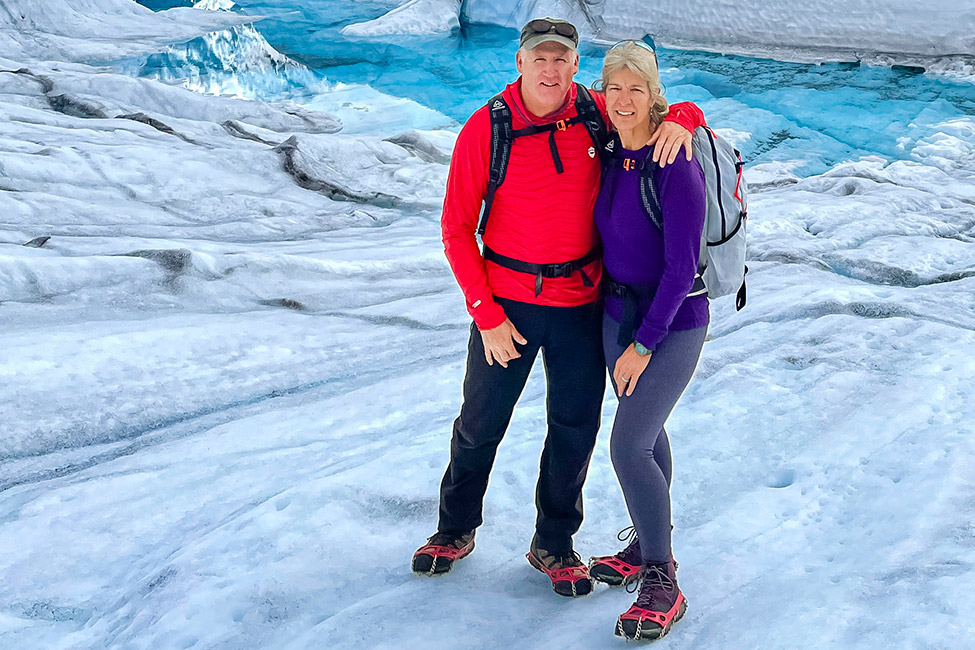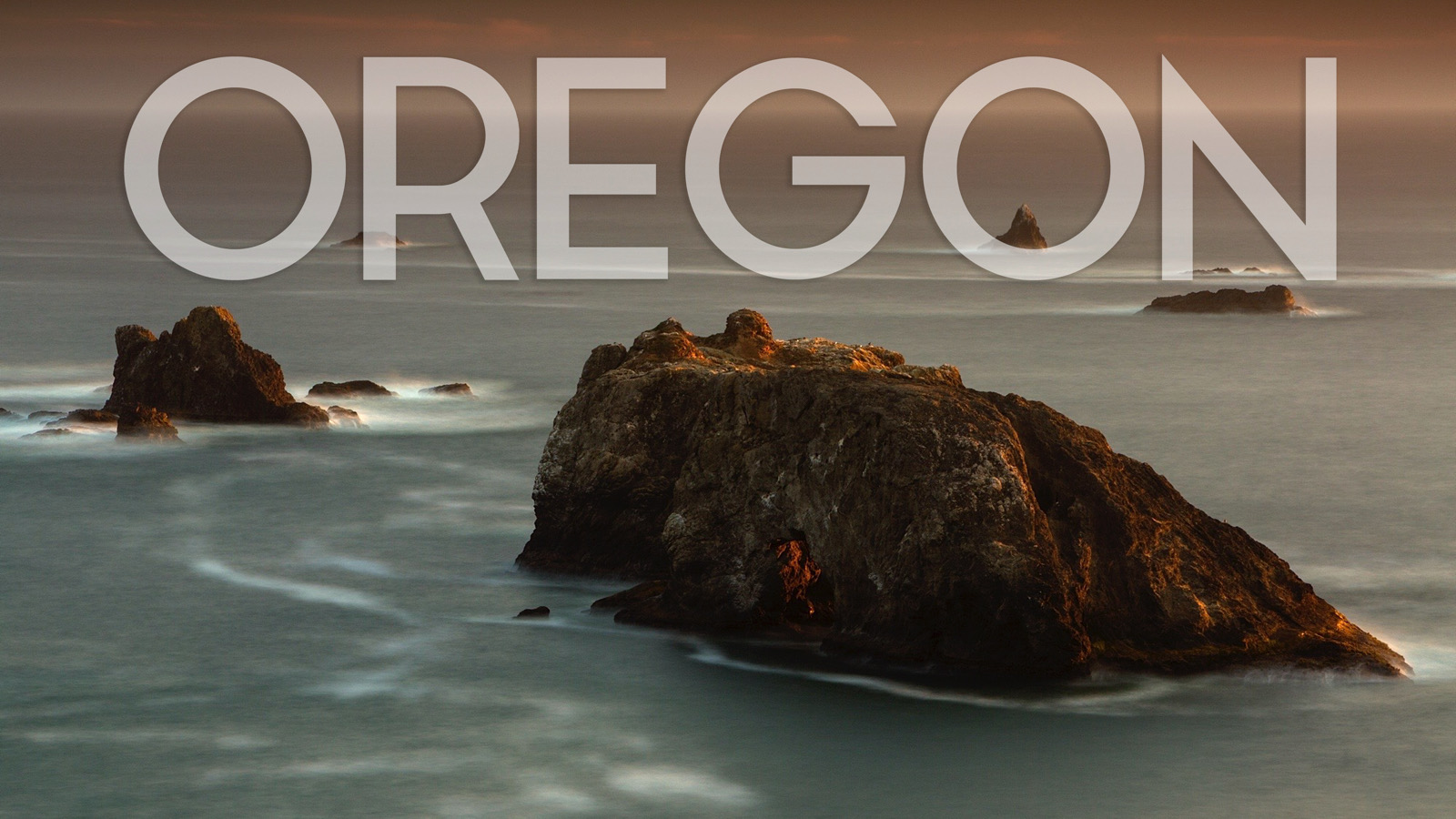Milky Way Photography in Colorado’s High Alpine Wilderness
Half of the park is at night! Rocky Mountain National Park is an incredible place to photograph the night sky. Mountain silhouettes, alpine lakes, and wide open skies create the perfect setting for stargazing and astrophotography. Trail Ridge Road offers access to stunning vantage points far from light pollution.
At elevations of 11,000 to 12,000 feet, you’ll be shooting through nearly two miles less atmosphere than at sea level, ideal for crisp, clear Milky Way photography. Late June is the perfect time to capture breathtaking panoramic views of the galaxy overhead.
We will spend 4 nights capturing the night sky above Longs Peak, Bear Lake, Rock Cut, and a variety of other fantastic night photography locations in Rocky Mountain National Park, as well as take in a couple of mountain sunsets as well! The workshop will include classroom work to better your photographic craft, including time to process and critique your images. We will shoot each evening into late at night as weather allows, with a few hours each day dedicated to classroom instruction and image processing. We will end the workshop with a group slide show and critique.
Field Lessons
Classroom Instruction
What to Bring
– A digital SLR or mirrorless camera capable of manual exposure settings, as well as ISO settings up to 6400.
– Plan to bring all of your lenses, from 14mm to 200mm (full frame equiv.), as the variety of daytime locations for sunsets will put all your gear to work! A wide-angle lens (somewhere in the 14mm to 35mm range) capable of an aperture of f/2.8 or lower is best for capturing the Milky Way. Consider renting a lens if you don’t own one. (A longer lens >200mm for capturing wildlife in the park is optional)
– A sturdy tripod (or two if you wish to have a 2nd camera going (for star trails, etc)
– A circular polarizer filter, while not required, can be a useful tool for controlling glare and reflections for the sunset locations. NOTE: Colin is a rep for NiSi Filters, which makes an excellent circular polarizer filter, and he can get you a 15% discount off retail prices. https://nisiopticsusa.com/shop/nisi-circular-filters/round-cpl-circular-polarizer-filter/ti-enhanced-cpl/
– Hiking boots or other sturdy shoes: while the hikes to locations we will visit will be fairly short (typically less than 1-32 miles round trip) a good set of sturdy hiking boots is good for protecting the ankles on rocky trails and slippery rocks.
– Lots of clothing layers – Mountain weather can be finicky, and temperatures can be chilly at night in the mountains, and warmer during the day. A warm jacket, gloves, and a warm hat are a must for night shooting in RMNP.
– A headlamp, preferably with a red light setting. A dimmable headlamp is a bonus.
– Your own method of transportation. We will carpool to locations as much as possible, so not everyone needs to drive every day. (4WD/AWD not required)
– A laptop computer (with a mouse), ideally loaded with Adobe Lightroom Classic, to best take advantage of the Lightroom workflow instructional session and group processing time. (A tablet loaded with Lightroom is also an option.) Cables and devices are necessary to download your images from the camera to a laptop or tablet.

